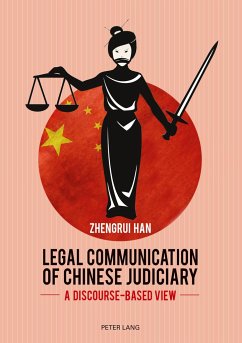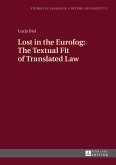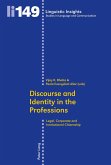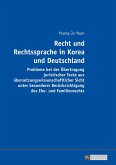China's society and economy have been developing remarkably fast over the past three decades, and accordingly it makes continuing effort to conduct a judicial reform in order to upgrade its comparatively static legal system. The judicial reform changes a number of aspects of Chinese litigation practices. This research aims at describing, analyzing and explaining some of the ways Chinese judges change their discursive construction of civil judgments because of the on-going judicial reform. A variety of data are used in this book: a medium-sized corpus of Chinese civil judgments, lawyers and judges' accounts, written laws (statutes), legal news reports, and more. It is intended to produce an empirical description of Chinese judges' adjudicative practices in the process of hearing trials, weighing up parties' arguments, quoting the law and fi nally delivering judicial opinions, which may be of interest for scholars and researchers in the fi eld of discourse analysis, applied linguistics and contemporary China studies.
Bitte wählen Sie Ihr Anliegen aus.
Rechnungen
Retourenschein anfordern
Bestellstatus
Storno








